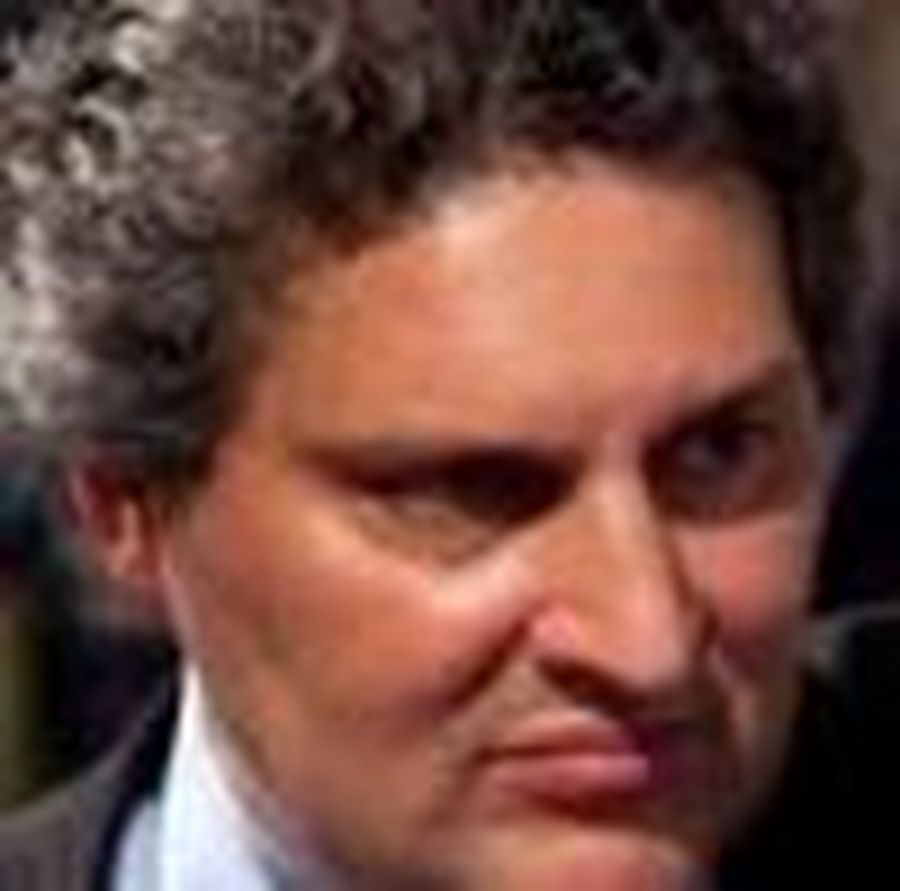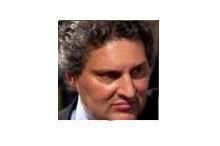
IFR Editor-at-large Keith Mullin
A lot of people saw him as a hedge fund/investment banking guy (an issue that’s going to dog others in his situation such as Anshu Jain at Deutsche Bank who rose through the investment bank*).
Personally, Pandit could be abrasive and was cliquey.
So Michael Corbat has taken over as CEO. I knew Mike when he worked on Salomon Brothers’ emerging market DCM desk back in the day, before Citigroup’s creation in 1999. Since that time, he has experienced a steady rise. After 29 years of progress through the ranks across multiple business lines, Corbat finally made the corner office.
Citigroup’s new CEO is an affable, easy-going and likeable guy but he also has a track record of quiet and notable achievement. He’s meandered through Citigroup’s businesses: high-yield, derivatives, emerging market debt to the global corporate and commercial banks to wealth management to the run-off vehicle Citi Holdings and, since the beginning of the year, to a regional management position as EMEA CEO.
In that respect, he’s got a swathe of experience not just of business lines but across the full spectrum of Citi’s retail, high net worth and institutional client base.
We won’t have heard the last of Pandit or Havens in the industry. Despite his placid exterior, Pandit has always been larger than life in the industry, occasionally with a tendency to be a bit of a brawler. He won’t want to be out of circulation for too long
That diversity – plus his reported closeness to chairman Michael O’Neill – may have tipped the balance in Corbat’s favour against other strong candidates like James Forese, CEO of Securities & Banking in the Institutional Clients Group. Forese is a great guy. He joined Salomon Brothers in 1985 but he’s spent all of his time since then in the investment banking/global markets arena.
Corbat will need every ounce of his experience to figure out not just how to manage the sprawling empire that Citigroup has become against the complex economic and political environment the banking industry is confronting but also to get to grips with and figure out a way forward on the issues that led to the shock departures of former CEO Vikram Pandit and COO John Havens, both, of course, former colleagues at Morgan Stanley and subsequently at hedge fund Old Lane.
We won’t have heard the last of Pandit or Havens in the industry. Despite his placid exterior, Pandit has always been larger than life in the industry, occasionally with a tendency to be a bit of a brawler. He won’t want to be out of circulation for too long.
He can be a troublemaker, which may not have endeared him to the board or the executive management team. When he was passed over in favour of Zoe Cruz and Stephen Crawfrord to head up Morgan Stanley’s institutional securities group in 2005, Pandit went bananas, creating a firestorm that eventually cost then-CEO Phil Purcell his job. He formed hedge fund Old Lane with Havens and former Morgan Stanley colleagues and in 2007 shopped the firm at a premium to Citi, which needed someone to run and bolster its alternative investments business.
At Citi, Pandit worked overtime to get ahead in the succession stakes, getting the top job in the same year, pushing some senior hopefuls like Tom Maheras and Michael Klein out of contention into the bargain. But he clearly ran out of room for manoeuvre as a succession of mishaps upended his credibility with the board: the dividend pusback; the US$4.7bn write-down on the sale of Morgan Stanley Smith Barney in the Q3 results; the so-so results; the stress-test failure; and the awful share price.
Shares drop
In an admittedly awful run for bank stocks, Citigroup shares are down 92% since Pandit joined and down 87% since he became CEO. Shareholders’ rejection of his US$15m compensation package must also have been a constant source of tension.
It seems clear, since his resignation came a day after the Q3 results announcement, that things came to a head. There were reported to be differences over the group’s future strategy with the board and with O’Neill, and Pandit was increasingly sidelined as the thrust of that discussion moved against him. More to the point, there have been increasingly vocal calls for the group to be broken up as analysts reckon the whole is worth less than the sum of its parts. This wasn’t on the radar for Pandit.
As for the EMEA CEO vacancy, there are already odds on Michael Lavelle, head of EMEA capital markets, being appointed to that slot. Another name mentioned in dispatches is Farhan Faruqui, the bank’s current head of global banking for Asia-Pacific, but who did a stint in Europe as head of the emerging market corporate banking for Central Europe before heading to Asia.
________________________________________
*Clarification: This paragraph has been changed from a previous version so as not to imply that Anshu Jain rose to his position via a hedge fund.

